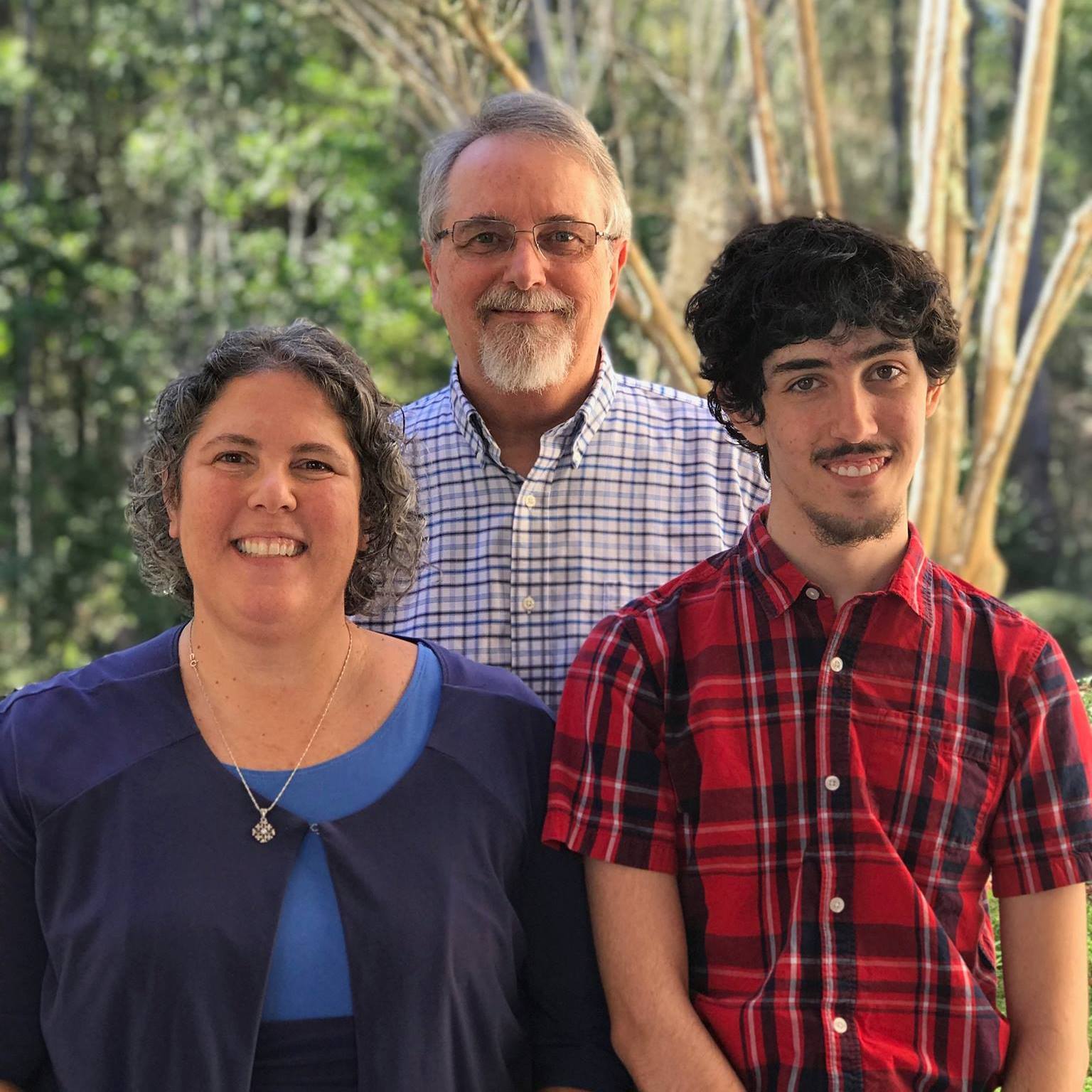Authored By
Following in the tradition of Saints Cyril and Methodius, whose translations brought the Christian faith to the Slavic peoples, OCMC Mission Specialist Dr. Michael Colburn successfully defended his recent doctoral dissertation on the development and use of manuals for the translation of liturgical texts! As part of his 2nd doctoral dissertation, Dr. Colburn has developed manuals for the translation of five hymns of Theophany. His research earned him a Doctor of Theology degree from Aristotle University of Thessaloniki, Greece. His work embodies the core value of Orthodox missiology and OCMC to sing hymns and celebrate the services in the local language.
Dr. Coburn taught local theological students, priests, and professional translators to use the manuals, and tested them using five languages (Kikuyu, Korean, Maragoli, Kiswahili, and Yup’ik), in Nairobi, Kenya, Kodiak, Alaska, and Seoul, South Korea. His research found that the use of a manual significantly improved the quality and accuracy of their translations!
As we share the beauty of the Gospel and our worship with the world, it is essential that all people can participate fully and understand each word in the language of their hearts. Having a system to help create translations more quickly and efficiently will go a long way in sharing the love and worship of Christ with the whole world. To that end, we are blessed to have such talented people as Dr. Colburn on the OCMC team!
Dr. Colburn is also the creator of the AGES Liturgical Workbench (used to generate the texts at agesinitiatives.com), as well as the Online Liturgical Workstation, and he is currently working on Doxa, his next generation software. He is continuing his work on these projects and plans to keep creating manuals for the translation of as many liturgical texts as possible. Dr. Colburn’s gifts are an asset to OCMC’s ministries and are vital in helping us share the Good News of Christ and “make disciples of all nations” (Matthew 18:19).
(Source: https://www.ocmc.org/)
It has always been the practice of the Orthodox Church that worship be celebrated in the language of the people so that they can understand what is being said and sung. During the height of the Byzantine Empire, when the Greek language reigned supreme, Saints Cyril & Methodius never required the people they evangelized to pray in Greek much less learn Greek. Instead, these brothers invested a lot of time and energy listening to their spoken language (which had no written form) and then inventing a new alphabet to translate Scripture and worship into their native language. This Cyrillic alphabet (name for Cyril) enhanced the growth of the Slavic language that is still used by the majority of the Orthodox Church to this day. -Fr. Harry


